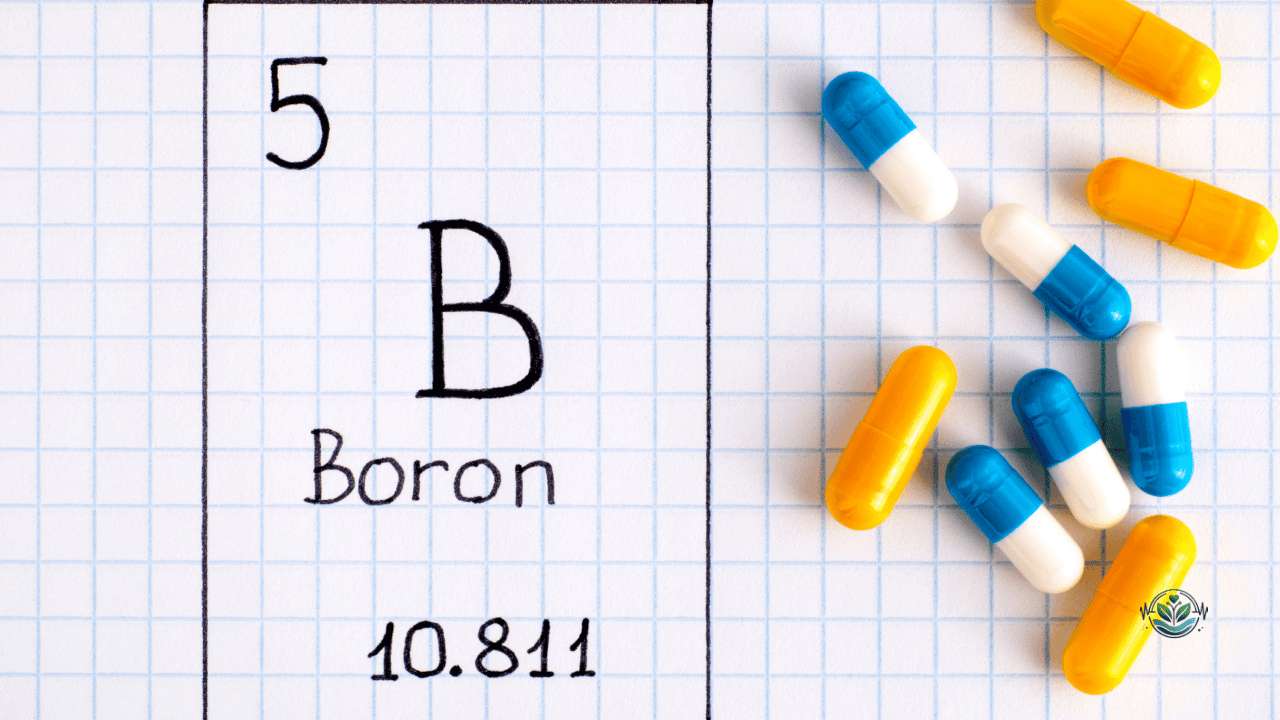Boron and Its Potential Role in Reducing Prostate Cancer Risk

Prostate cancer is one of the leading causes of cancer-related deaths among men worldwide. The search for natural substances that could potentially mitigate the risk of prostate cancer is ongoing, with an increased focus on dietary factors and micronutrients. One such micronutrient that has recently gained attention in the scientific community is boron.
What is Boron?
Boron is a trace mineral found naturally in various foods and the environment. It is present in fruits, nuts, vegetables, and drinking water. While it is not classified as an essential nutrient for humans, boron is known to play a crucial role in several physiological processes, including bone health, hormone regulation, and inflammatory responses.
The Link Between Boron and Prostate Cancer Risk
A study conducted by Zhang et al. in 2001 provides valuable insights into the potential protective effects of boron against prostate cancer. The research, published in The FASEB Journal, examined the dietary boron intake in a group of men and its association with the incidence of prostate cancer. The findings suggested that higher boron intake was correlated with a decreased risk of developing prostate cancer.
Study Overview
The study included a population-based case-control design involving men with varying levels of dietary boron intake. Researchers found that individuals in the highest boron consumption group had a significantly lower risk of prostate cancer compared to those with the lowest intake. The protective effects of boron were more pronounced in men who consumed a diet rich in boron-containing foods, such as fruits and nuts.
How Does Boron Work?
Although the exact mechanisms by which boron may reduce prostate cancer risk are not fully understood, several hypotheses have been proposed:
- Hormonal Regulation: Boron has been shown to influence hormone levels, including testosterone and estrogen. It may play a role in modulating androgen metabolism, which is crucial because androgens like testosterone are known to impact prostate health.
- Anti-inflammatory Properties: Boron possesses anti-inflammatory properties that could help reduce chronic inflammation—a known risk factor for various cancers, including prostate cancer.
- Antioxidant Action: Boron may contribute to antioxidant defenses in the body, potentially reducing oxidative stress, which can lead to DNA damage and increase cancer risk.
Dietary Sources of Boron
Increasing boron intake through diet is relatively easy due to its presence in a wide range of foods. Here are some of the top sources of boron:
- Fruits: Apples, oranges, grapes, and pears
- Nuts: Almonds, walnuts, and hazelnuts
- Legumes: Chickpeas, lentils, and beans
- Vegetables: Broccoli, carrots, and spinach
- Other Sources: Wine, coffee, and certain herbs
Incorporating a diverse diet rich in fruits, vegetables, and nuts can help ensure adequate boron intake.
Practical Considerations and Safety
While the evidence linking boron to reduced prostate cancer risk is promising, it’s essential to approach supplementation and dietary changes cautiously:
- Moderation is Key: Excessive boron intake can lead to adverse effects, including digestive issues and impaired kidney function. Therefore, it’s best to focus on natural dietary sources rather than supplements, unless recommended by a healthcare professional.
- Consult a Healthcare Provider: Before making significant changes to your diet or considering boron supplements, consult a healthcare provider, especially if you have underlying health conditions or are on medication.
Conclusion
The study by Zhang et al. adds to the growing body of evidence suggesting that diet can play a crucial role in reducing the risk of certain cancers, including prostate cancer. Boron, as a trace mineral found in a variety of foods, may offer protective benefits against prostate cancer due to its influence on hormone regulation, inflammation, and oxidative stress. However, more research is necessary to fully understand the mechanisms and optimal intake levels for cancer prevention.
As with any health-related intervention, a balanced and varied diet remains one of the best strategies for supporting overall well-being and potentially reducing cancer risks.
References
- Zhang Z-F, Winton MI, Rainey C, et al. Boron is associated with decreased risk of human prostate cancer. FASEB J. 2001.
